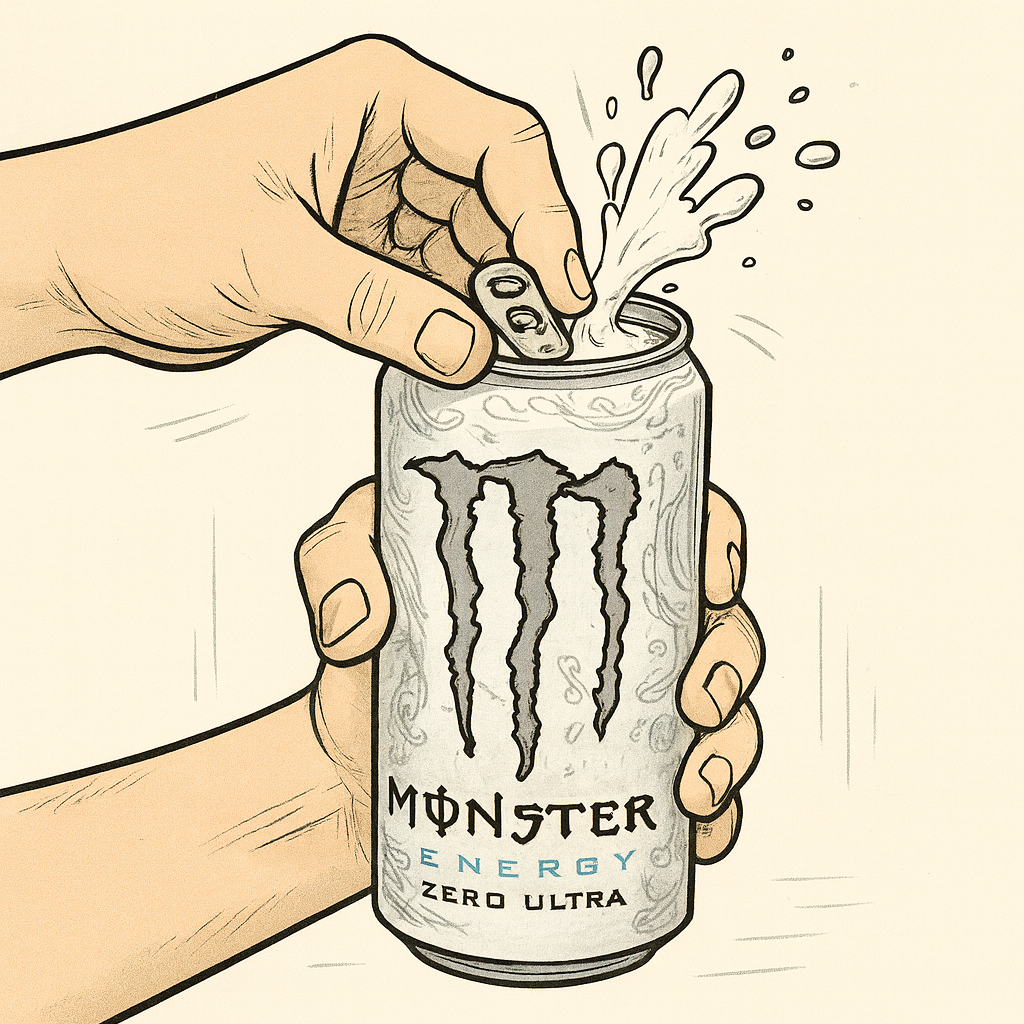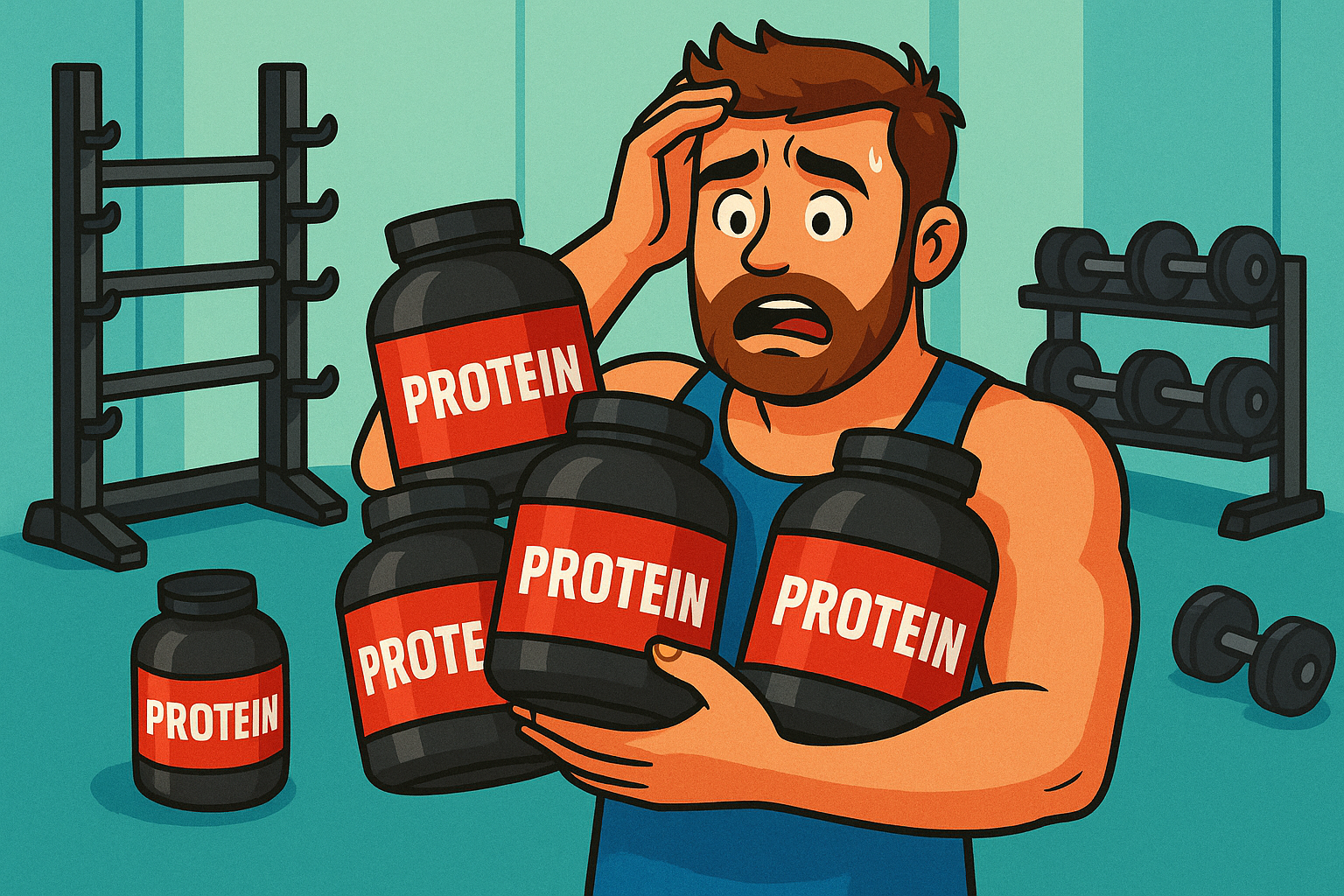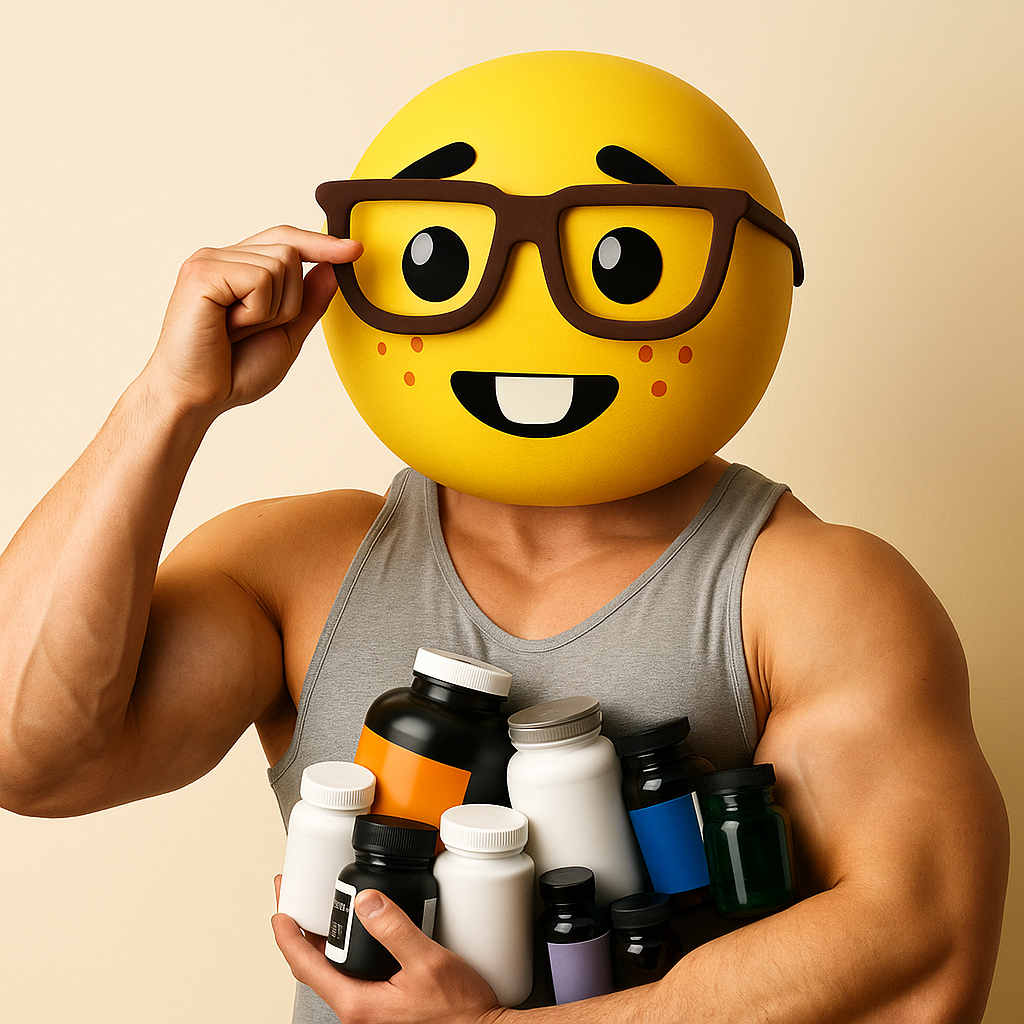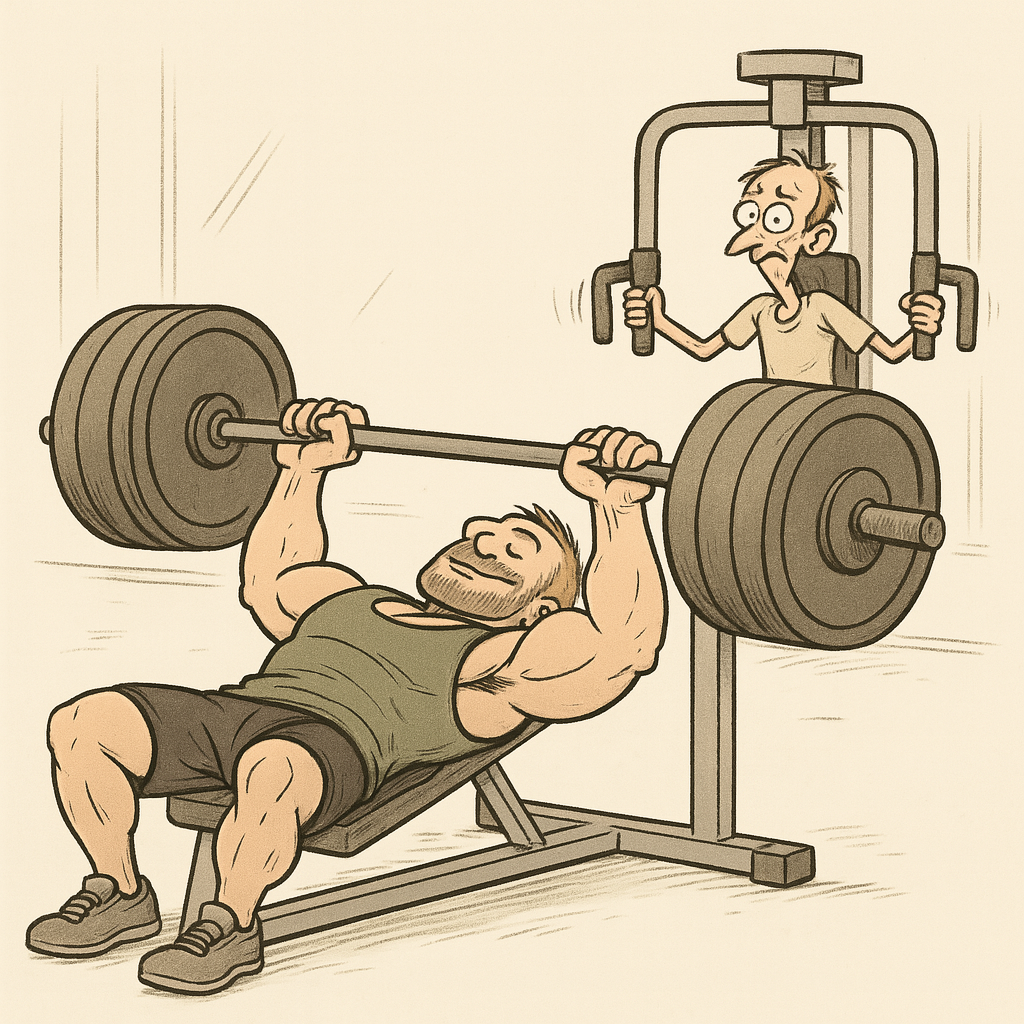
Sugar-Free Energy Drinks: Dangerous or Overblown?
Zero sugar, a splash of caffeine, and a neon can—are these really a threat to your health, or just misunderstood? We examine the ingredients and the hype.
Sugar-Free Energy Drinks: Dangerous or Overblown?
Crack open a cold can of Monster Ultra White and you’ll hear it from someone—“That stuff’s poison.” Claims fly: “It wrecks your heart,” “It’s full of chemicals,” “It’s basically battery acid.” But how true is any of it?
Despite the fear-mongering, the science behind sugar-free energy drinks paints a much calmer picture, especially when compared to other “healthy” staples like fruit juice or smoothies. In moderation, and for people without specific heart conditions, these drinks are far from the death sentence some make them out to be.
Popular Myth #1 – “They’re Packed with Harmful Chemicals”
Here’s the reality: many of the “scary-sounding” ingredients in sugar-free energy drinks, like sucralose, citric acid, benzoates, or caffeine—exist naturally in foods people praise daily.
- Citric acid? Found in citrus fruits at up to 4,000x the amount per serving.
- Benzoic acid? Present in cranberries.
- Caffeine? Coffee drinkers consume more per cup than most energy drinks deliver.
- Sucralose or Ace-K? Non-nutritive sweeteners used in tiny amounts, passed through the body unchanged.
If you’re vilifying energy drinks but drinking orange juice and 3 lattes a day, your argument isn’t chemical, it’s cultural.
What the Research Says (2020 – 2025)
2021 Review (Reissig et al.) – Found that in healthy individuals, moderate energy drink consumption (<400 mg caffeine/day) showed no evidence of cardiovascular harm when compared to similar caffeine intake from coffee.
2024 Meta‑Analysis (Kim & Alvarez) – Across 32 studies, non-nutritive sweeteners like sucralose and Ace-K showed no adverse effects on glucose, insulin, or gut health when consumed within typical dietary ranges.
2023 RCT (Donovan et al.) – 8 weeks of daily sugar-free energy drink intake in resistance-trained men led to no changes in resting heart rate, blood pressure, or liver markers compared to a control group.
Popular Myth #2 – “They’re Just as Bad as Soda”
Sodas deliver 30–60 g of sugar per can, spike insulin, rot teeth, and offer zero satiety. Sugar-free energy drinks? 0 g sugar, minimal calories, and typically include B-vitamins, taurine, and caffeine that actually support alertness and training performance.
The two don’t belong in the same category. One is a metabolic grenade. The other is carbonated caffeine with a few milligrams of vitamins.
Ingredient Breakdown – Monster Ultra White (Per Can)
| Compound | Amount | Also Found In |
|---|---|---|
| Caffeine | 150 mg | ~1.5 cups of coffee |
| Citric Acid | ~0.2 g | Oranges, lemons (up to 8 g) |
| Taurine | 1000 mg | Naturally in meat, fish |
| Sucralose | ~15–20 mg | Used in protein powders, yogurts |
| Benzoic Acid (as preservative) | trace | Found naturally in cranberries |
| B-Vitamins (B3, B6, B12) | 100–200 % RDI | Found in animal products, cereals |
Quick Questions
What about your heart?
If you’re healthy and under 400 mg caffeine/day, there’s zero strong evidence linking moderate energy drink use to heart damage. If you have an arrhythmia or cardiac history, then yes—consult your cardiologist.
Aren’t artificial sweeteners carcinogenic?
At megadoses in rodents, some sweeteners have shown concern. But at human consumption levels? Regulatory bodies across the globe (FDA, EFSA, WHO) have declared them safe within daily intake limits—which would take 10–40 cans/day to exceed.
Is the caffeine crash real?
If you overdo it or mix with sugar—yes. But a single 150–200 mg dose in a sugar-free base? Most users report stable alertness, especially when hydrated and fed.
Can I drink them pre‑workout?
Absolutely. They’re a cost-effective pre with zero calories, 150–200 mg caffeine, and some added nootropics like taurine. Just watch total intake if combining with coffee or other stims.
TL;DR
Sugar-free energy drinks aren’t dangerous—they’re misunderstood.
If you’re healthy, stay within sane limits, and treat them like a tool—not a crutch—you’ll be fine. In fact, they might be the cleanest “energy” option available.
References
- Reissig C, Strain E, Griffiths R. “Energy Drinks and Cardiovascular Outcomes,” J Caffeine Res, 2021.
- Kim Y, Alvarez D. “Non-Nutritive Sweeteners and Human Health,” Nutr Reviews, 2024.
- Donovan T, Clark M, et al. “Daily Energy Drink Consumption in Trained Males,” J Strength Cond Res, 2023.


